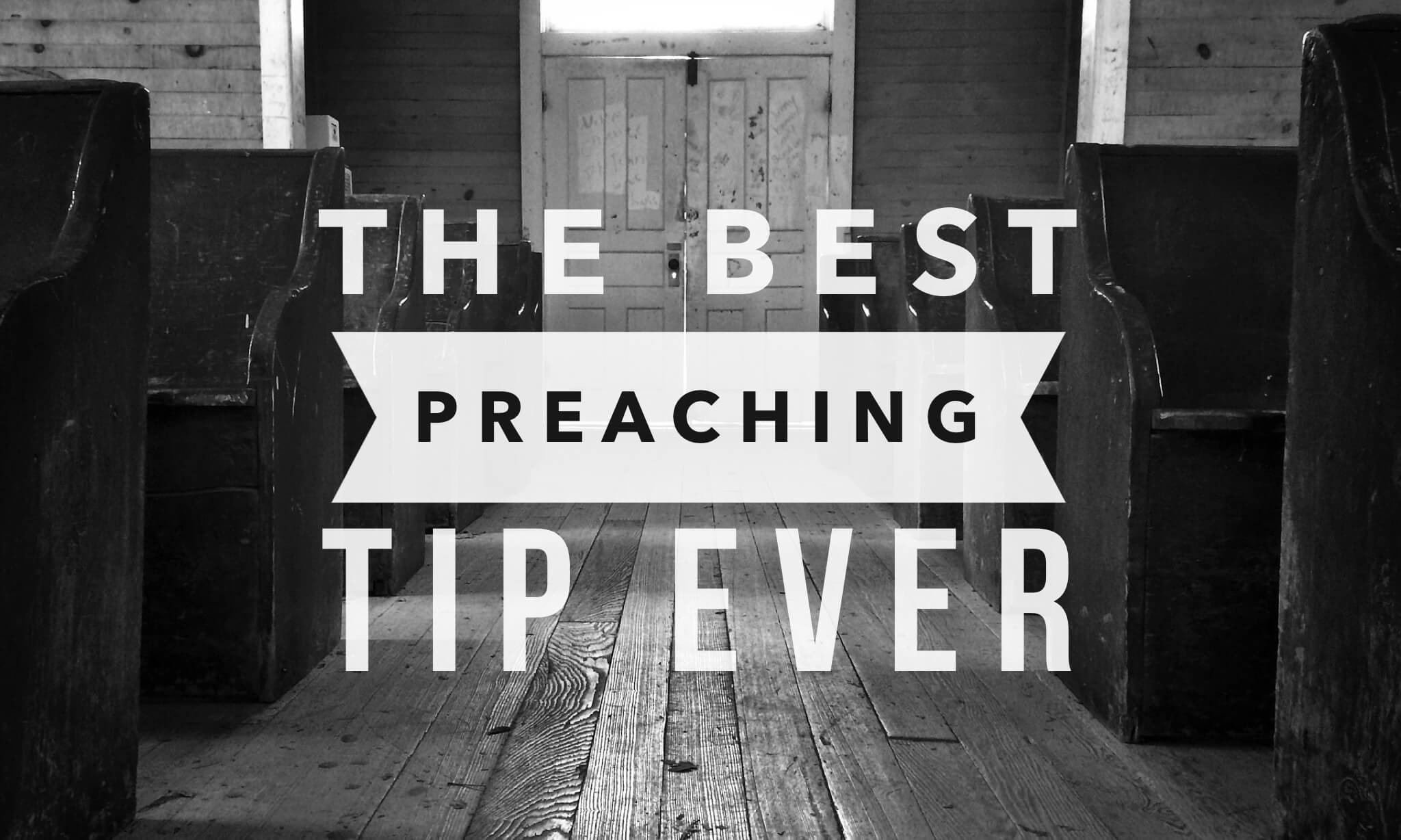4 Paradoxes of the Christian Life
The truth is not always obvious. If you had a time machine, traveled back hundreds of years, and told people the earth was round they’d laugh at you.
Because they didn’t understand the law of gravity yet, they might argue, “If the earth is round then how do we not all fall off?”
As shocking as the truth of the shape of the earth might have been hundreds of years ago, the message of Christianity was even more surprising.
Why? Christianity is full of paradox beliefs.
A paradox is a seemingly contradictory statement that does not sound possible, but upon closer examination is proven to be true.
Christianity is founded on apparently contradictory but true beliefs. And although we may take them for granted today, these backward beliefs of Christians turned the world upside down nearly two-thousand years ago.
Just consider these four most common paradoxes in the Bible.
1. Last is first
So the last will be first, and the first last. (Matthew 20:16)
If we want to be great, we tend to think of ourselves first. How can we rise and gain power, influence, or popularity?
But Jesus taught that the way up is down.
Although it may seem contradictory, it’s true that “Whoever exalts himself will be humbled, and whoever humbles himself will be exalted” (Matthew 23:12).
Whether in this life or ultimately in eternity, “God opposes the proud but gives grace to the humble” (James 4:6).
We take the concept of servant leadership for granted today, but this paradox of a person with authority serving instead of being served was a shocking trend begun by Jesus (Mark 10:42-45).
2. Weak is strong
For when I am weak, then I am strong. (2 Corinthians 12:10)
How can weakness be a strength?
More often than not, strong people are tempted to be self-reliant. They think they don’t need God because they can handle anything with their own financial, physical, or mental strength.
But in reality, those who are weak are truly strong because they have no choice but to rely on God Almighty for strength.
That’s why Paul boasted of his weakness and taught the Christian paradox that weakness is a strength (2 Corinthians 12:1-10).
Christ’s power is made perfect in our weakness.
3. Giving is receiving
It is more blessed to give than to receive. (Acts 20:35)
This paradox has been widely accepted today.
We hear it all the time during the Christmas season: “It’s better to give than to receive.”
Most people say this just because of how good it makes you feel to help someone. While that’s true, and a great benefit of giving, Scripture also teaches that those who give will be rewarded in heaven.
Concerning giving, Paul writes, “In this way they will lay up treasure for themselves as a firm foundation for the coming age, so that they may take hold of the life that is truly life” (1 Timothy 6:17-19).
In God’s eyes, your worth is not determined by your net-worth. It’s how you use your money that counts.
4. Loss is gain
“If anyone would come after me, let him deny himself and take up his cross and follow me. For whoever would save his life will lose it, but whoever loses his life for my sake will find it. For what will it profit a man if he gains the whole world and forfeits his soul? (Matthew 16:24-26)
Worldly gains compared to Christ are no gain at all.
Paul says, “But whatever gain I had, I counted as loss for the sake of Christ. Indeed, I count everything as loss because of the surpassing worth of knowing Christ Jesus my Lord. For his sake, I have suffered the loss of all things and count them as rubbish, in order that I may gain Christ (Philippians 3:7-8)
All other things in life are trash compared to the great gift of knowing Jesus.
If you have Jesus and nothing else, you have everything. But if you have everything except Jesus, you’ve got nothing.
The Christian Paradox
Here’s the bottom line: Our view of the world is often distorted. We need the Bible to see clearly.
And often, the truth is found in a paradox.
Even God’s nature (one God in three persons), and the nature of Jesus (fully God and fully man) are paradoxical.
Wrapping your brain around it is hard. However, denial of these theological paradoxes has historically led to heresy.
If we are to live as Christians, we must make war against our natural inclinations and trust these paradoxes of God’s kingdom that last is first, weak is strong, giving is receiving, loss is gain, and more.
Perhaps Paul summed up the paradox of the Christian life best when he wrote:
“We are treated as impostors, and yet are true; as unknown, and yet well known; as dying, and behold, we live; as punished, and yet not killed; as sorrowful, yet always rejoicing; as poor, yet making many rich; as having nothing, yet possessing everything” (2 Corinthians 6:8–10).






